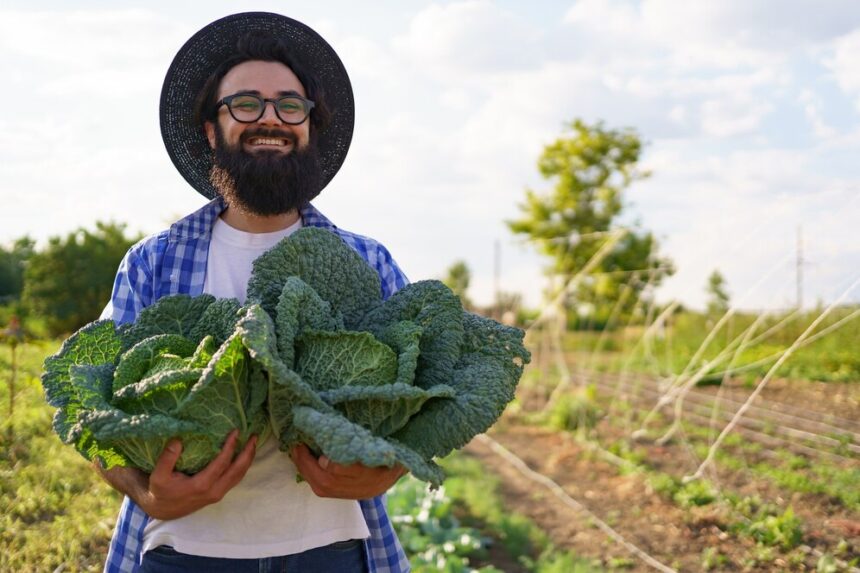With growing consumer demand for chemical-free and environmentally sustainable food, organic farming presents a profitable and eco-friendly opportunity for South African farmers. Transitioning to organic farming requires careful planning, investment in soil health, and compliance with organic certification standards. Below are key steps to successfully transitioning to organic farming in South Africa.
1. Understanding Organic Farming Principles Organic farming focuses on natural soil enrichment, biodiversity, and avoiding synthetic chemicals. Farmers must embrace techniques such as composting, crop rotation, biological pest control, and organic fertilization to maintain soil fertility and improve yields.
2. Conducting Soil Assessment and Improvement Healthy soil is the foundation of organic farming. Conducting a soil test will help determine nutrient levels and deficiencies. Farmers should improve soil fertility by incorporating organic matter, using green manure, and practicing conservation tillage to enhance soil structure and microbial activity.
3. Phasing Out Synthetic Chemicals A gradual reduction of synthetic pesticides, herbicides, and fertilizers is necessary. Instead, farmers should adopt natural alternatives such as compost, animal manure, cover crops, and organic pest control methods, including companion planting and beneficial insects like ladybugs and predatory wasps.
4. Selecting Suitable Crops and Livestock Choosing crops and livestock suited to local climatic conditions is essential. Drought-resistant crops, indigenous vegetables, and disease-resistant animal breeds are preferable. Crop rotation and intercropping help improve soil fertility and minimize pest outbreaks naturally.
5. Water Conservation and Sustainable Irrigation Organic farming requires efficient water use. Techniques such as mulching, rainwater harvesting, and drip irrigation can help optimize water resources and reduce soil erosion.
6. Implementing Natural Pest and Weed Control Organic farmers use integrated pest management (IPM) strategies, such as companion planting, organic pesticides (e.g., neem oil), and physical barriers to protect crops. Weed control is managed through mulching, hand weeding, and cover cropping instead of chemical herbicides.
7. Obtaining Organic Certification In South Africa, farmers seeking organic certification must comply with standards set by certification bodies such as Ecocert, Control Union, and the South African Organic Sector Organisation (SAOSO). Certification requires an organic transition period of at least two to three years, during which farmers must document farming practices and avoid prohibited substances.
8. Establishing Market Connections Organic produce fetches premium prices in local and export markets. Farmers can sell through organic food markets, supermarkets, restaurants, and direct-to-consumer models like community-supported agriculture (CSA). Partnering with organic cooperatives can also enhance market access.
9. Financial Planning and Government Support Transitioning to organic farming may require financial investment. Farmers can seek grants, subsidies, and loans from agricultural development programs. Government agencies and NGOs also offer training and resources to support organic farming initiatives.
Transitioning to organic farming in South Africa is a rewarding but gradual process that requires commitment to sustainable practices and market positioning. By improving soil health, reducing chemical inputs, obtaining certification, and connecting with the right buyers, farmers can benefit from the growing organic food sector while contributing to environmental sustainability.
Join 'Farmers Mag' WhatsApp Channel
Get the latest Farming news and tips delivered straight to your WhatsApp
CLICK HERE TO JOIN






